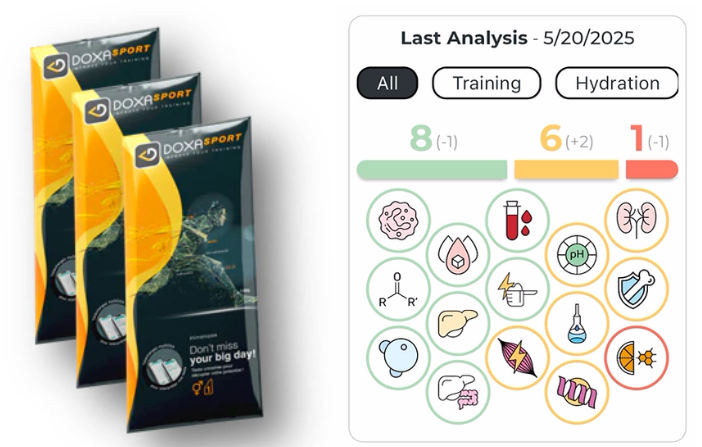Health
Welcome and thanks for visiting...

Urine Biomarker Testing for Athletes: Enhancing Performance, Hydration, and Recovery

In the quest for better performance, faster recovery, and fewer injuries, athletes are constantly seeking tools that offer a competitive edge. From GPS trackers and heart rate monitors to sleep wearables and diet logs, the modern athlete is surrounded by data. But while external metrics are useful, they often only scratch the surface.
Enter one of the most underutilized yet revealing sources of internal insight: urine.
Urine is a mirror of your physiology. It reflects what’s happening inside the body at a biochemical level, offering real-time feedback on hydration, training stress, nutrition, inflammation, and recovery. Through the analysis of specific biomarkers in urine, athletes can now gain unprecedented visibility into their readiness, strain, and capacity to perform. Thanks to innovative platforms like myDOXA, accessing this data is now fast, easy, and practical.
Why Urine Analysis Is Crucial for Athletic Performance
Urine is a non-invasive, easily collectible fluid that holds rich information about the body’s metabolic processes. Unlike blood tests, which often require appointments, needles, and lab work, urine can be collected and analyzed daily with minimal effort. It reflects the cumulative stress and adaptation of the body, making it ideal for tracking ongoing changes in response to training, diet, or recovery strategies.
Thanks to advancements in mobile technology, the process has never been more straightforward. With a patented collector and smartphone app, myDOXA enables users to scan their sample and receive results in 60 seconds. Within a minute, athletes can receive personalized, actionable insights based on 15 key biomarkers, grouped into four essential domains: Training, Hydration, Nutrition, and Recovery.

Let’s break down each biomarker and why it matters for athletic performance.
Training Biomarkers in Urine: What Athletes Should Monitor
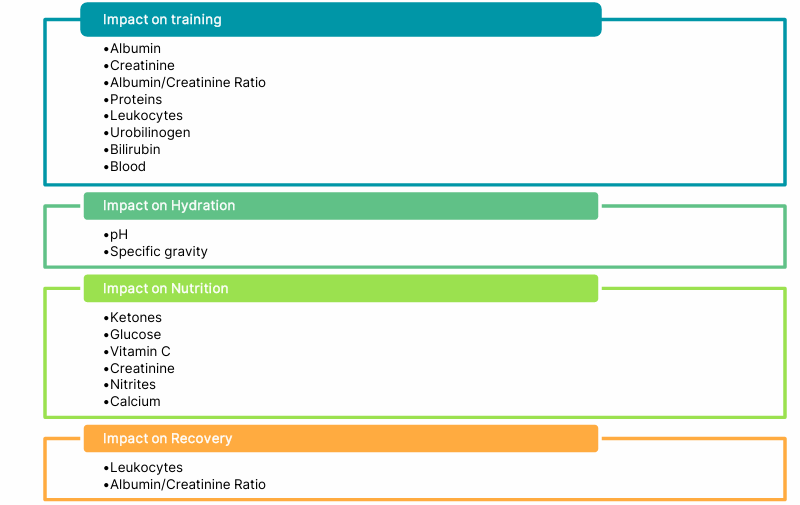
1. Albumin
A marker of muscle intensity, elevated albumin indicates muscular damage from high training loads. It helps athletes understand whether their sessions are inducing strain that requires rest and recovery. Monitoring this helps avoid chronic fatigue or injury.

2. Creatinine
Creatinine levels correspond to muscle mass and energy expenditure. Elevated levels suggest intensive muscular activity. This marker is valuable for gauging training load and determining how well the body is coping with it.
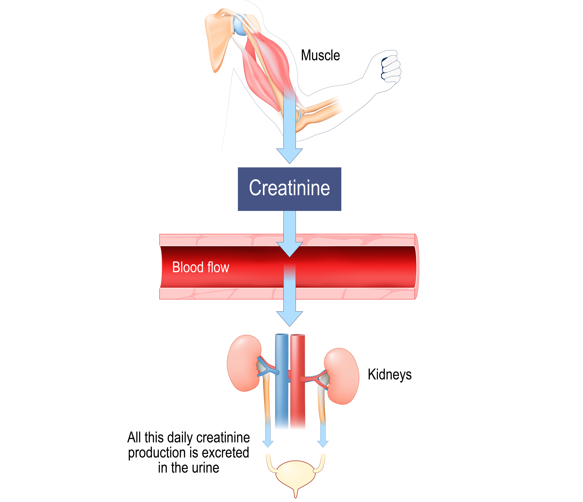
3. Albumin/Creatinine Ratio
This ratio reflects the balance between muscle use and muscle damage, acting as a comprehensive gauge of muscular health. A shift in this ratio can signal overtraining or inadequate recovery.
4. Proteins
When proteins such as myoglobin appear in urine, it's often due to muscle breakdown or thermal stress. This marker provides feedback on the intensity and duration of workouts, as well as whether the body is absorbing the load effectively.
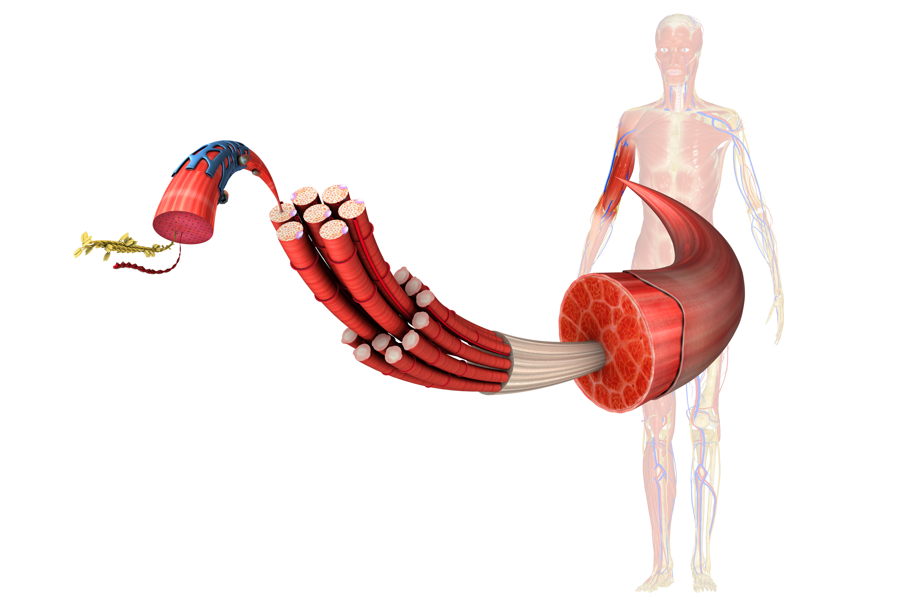
5. Leukocytes (White Blood Cells)
Leukocytes reflect inflammation or micro-injuries in muscles. A spike in these can indicate physical stress or immune system activation, prompting coaches to adjust workloads or recovery periods.
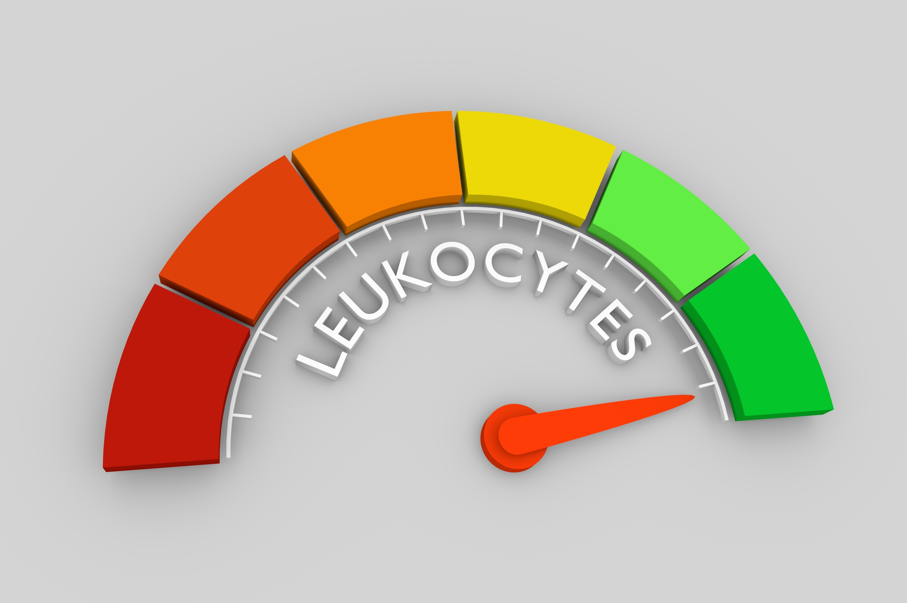
6. Urobilinogen
This marker is associated with red blood cell breakdown and physical impacts, such as those from contact sports or repetitive motion. Elevated levels can be a sign of oxidative stress or liver strain from overexertion.
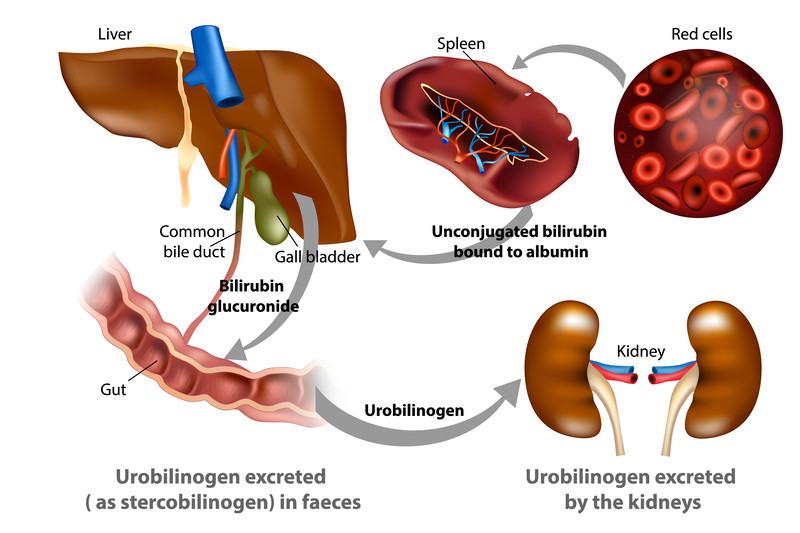
7. Bilirubin
Closely tied to urobilinogen, bilirubin reflects cell damage and hemolysis. It can also hint at liver stress due to high-intensity activity or medication usage. Monitoring supports safer training decisions.
8. Blood (Red Blood Cells)
The presence of blood in urine is a serious signal, often indicating overexertion, trauma, or internal stress. It should prompt immediate evaluation and possible rest.

Urine Markers for Hydration: How to Avoid Dehydration in Sports
9. pH
Urine pH reveals the body’s acid-base balance, which is affected by training intensity, recovery, and nutrition. A low pH often reflects lactic acid accumulation and poor metabolic clearance.
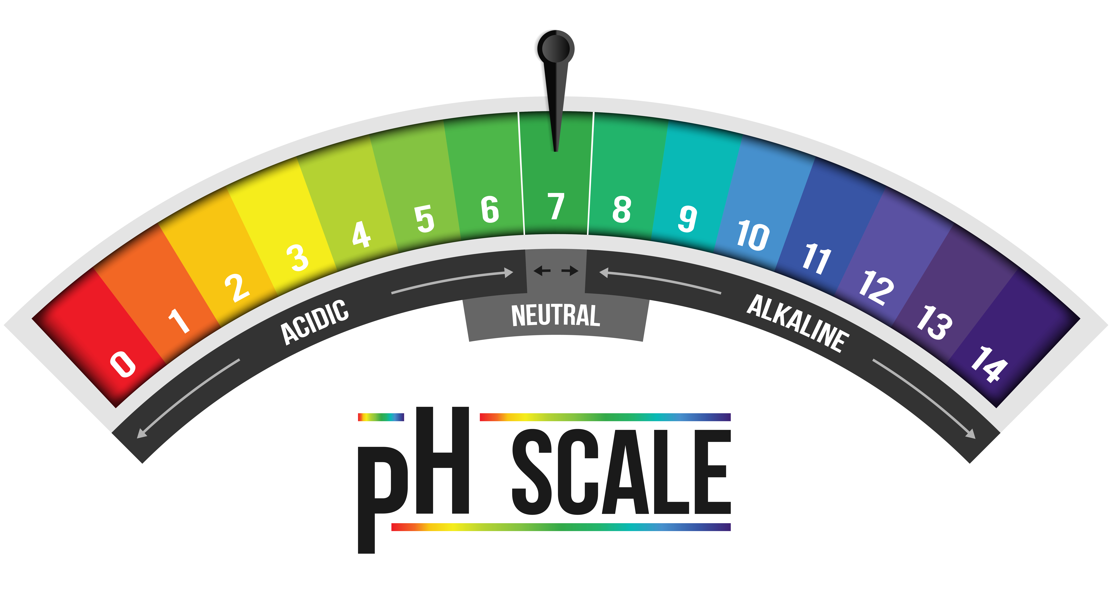
10. Specific Gravity
This is a direct measure of hydration status. It informs athletes whether they’re well-hydrated or at risk of dehydration, which can impair performance, decision-making, and increase the risk of injury.

Nutrition and Urine: Biomarkers That Reflect Diet and Energy Use
11. Glucose
Glucose is the body's primary source of energy. Measuring it in urine helps athletes identify glycogen depletion, fueling issues, or metabolic imbalance, all of which affect endurance and performance.
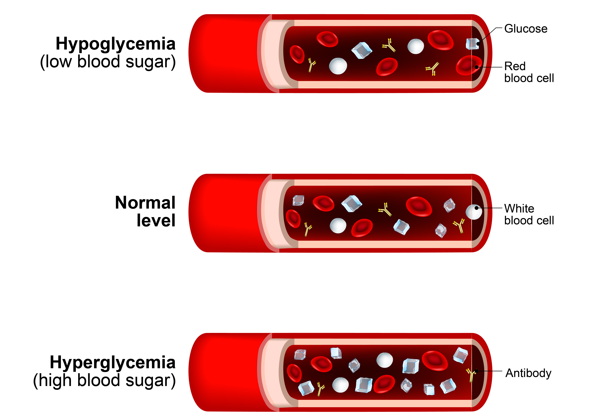
12. Ketones
Ketones appear when the body burns fat for energy due to carbohydrate scarcity. Helpful for athletes following low-carb diets, this marker indicates whether fat adaptation has occurred or if there is a possible energy deficiency.
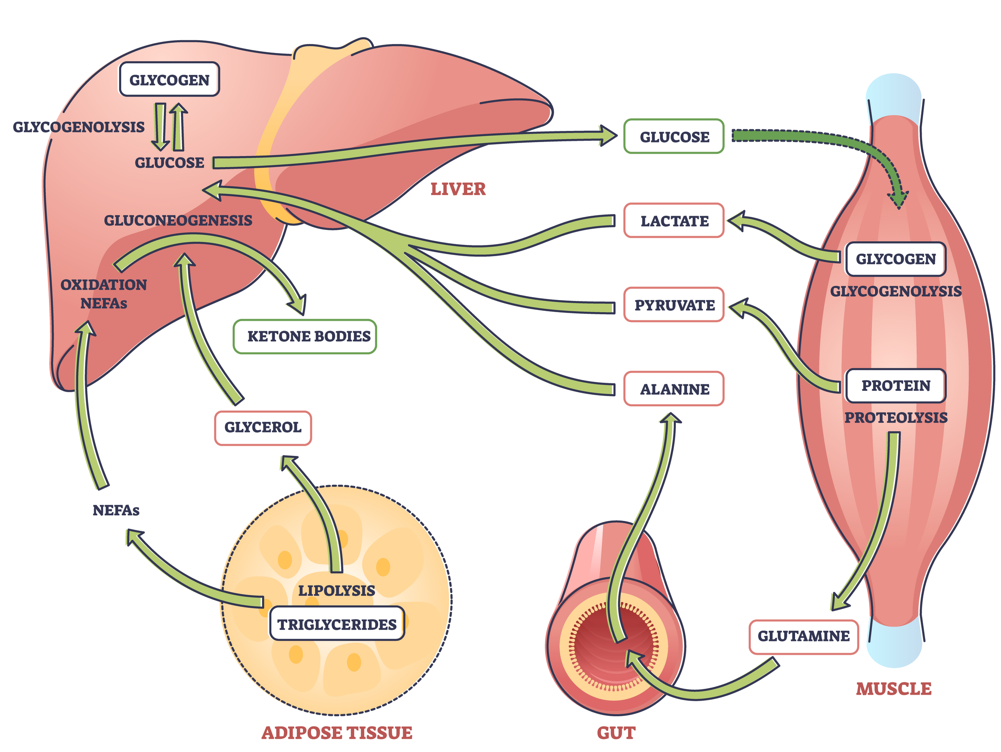
13. Vitamin C
This antioxidant helps combat oxidative stress caused by intense exercise. Tracking it ensures adequate intake and warns of excess supplementation or deficiency, both of which can hinder recovery.
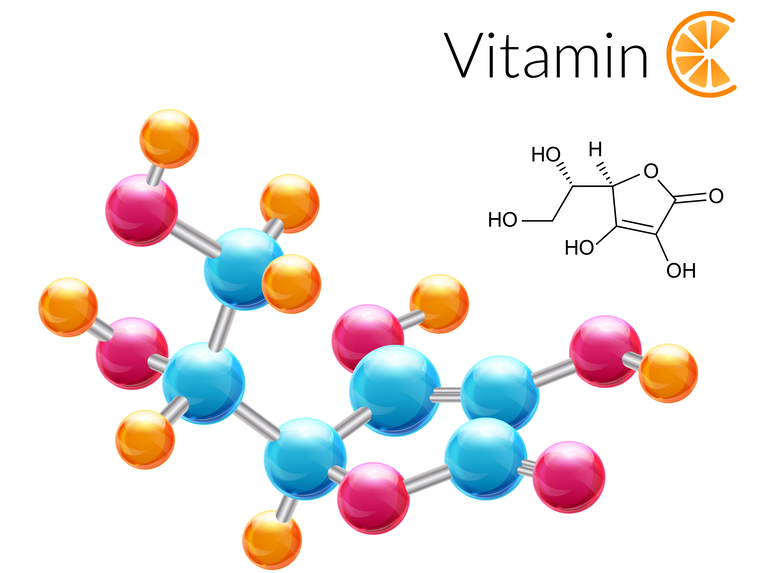
14. Nitrites
Nitrites result from oxidative stress and nitrate metabolism, often influenced by diet and training load. High levels may indicate inflammation or overconsumption of nitrate-rich foods.
15. Calcium
Essential for bone health and pH balance, urinary calcium levels can rise due to intense exercise or an imbalanced diet. Monitoring it helps maintain mineral balance and avoid long-term issues.
How myDOXA Makes Urine Testing Easy and Actionable
What makes platforms like myDOXA revolutionary is not just the science — it’s the usability. Athletes no longer need to rely solely on how they feel or guess how their bodies are responding. With a quick scan each morning, they can:
-
Detect signs of overtraining before symptoms appear
-
Adjust hydration or nutrition in real time
-
Align training phases with biological readiness
-
Recover smarter and reduce the risk of breakdown
Whether you’re an elite athlete aiming for the podium, a coach managing a team, or a weekend warrior trying to improve performance, urine analysis empowers you to train smarter, not just harder.
How Urine Biomarkers Turn Health Data into Performance Decisions
The power of urine lies in its daily accessibility and the depth of insight it provides. With just one collection and one scan, athletes receive a nuanced understanding of what their body is experiencing. This isn’t guesswork — it’s biology made actionable.
As sports performance continues to evolve toward personalization and precision, urine biomarker analysis stands out as one of the most impactful tools in an athlete’s arsenal. It’s non-invasive, real-time, and deeply informative.

In a world where milliseconds matter and injuries can derail seasons, urine doesn’t lie.
It tells the story of what’s happening inside — and now, you can finally listen.


